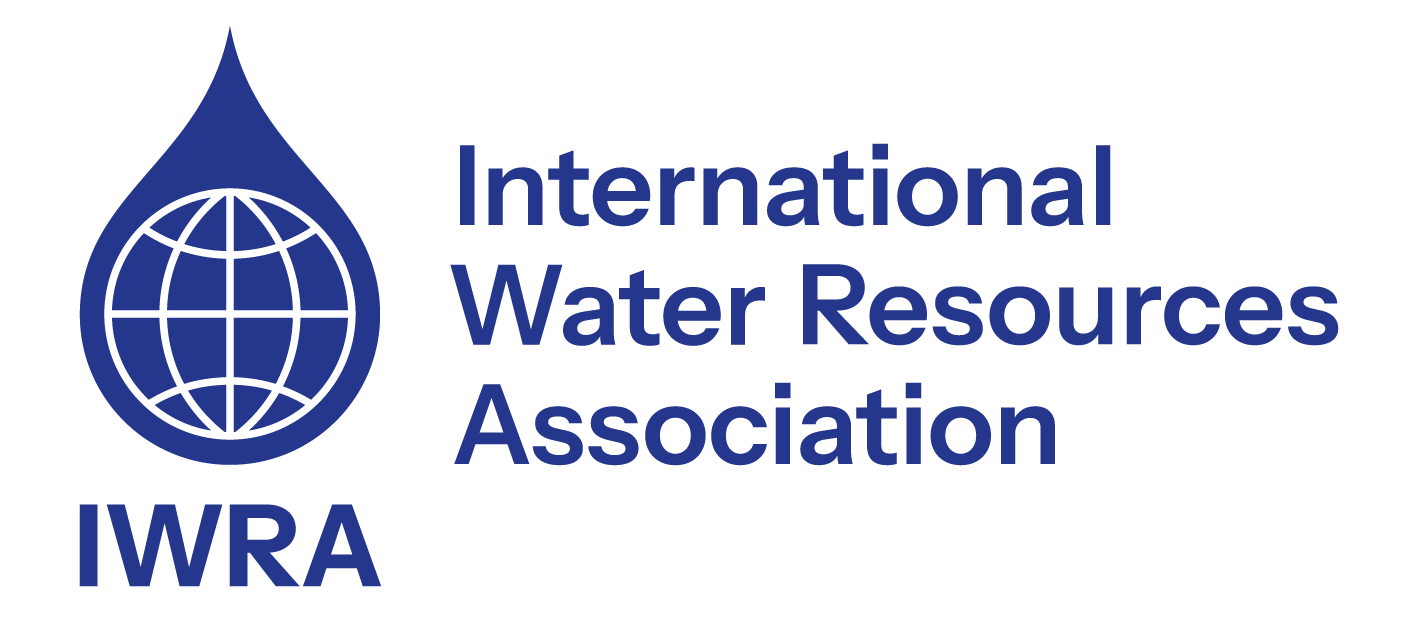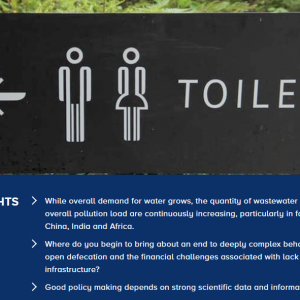
Professor J.A. (Tony) Allan had a long and prolific career at the cutting edge of water sustainability. He was best known for his pioneering work on virtual water that demonstrated the political and economic processes that bring together water, food and trade. As the leading figure on water in the Middle East and North Africa, he was active in research and education as Emeritus Professor of geography at School of Oriental and African Studies (SOAS) and King’s College London until his passing.
As an intellectual thought-leader, Tony was unparalleled. Starting his academic career at SOAS in the late 1960s exploring agriculture amongst other topics in Libya, he understood the paramount importance of understanding the social, economic and political systems that determine water management. Discussed initially by Tony as ‘embedded water’ in the 1980s, the notion of virtual water was later fully developed in a series of papers in the mid 1990s and his seminal book, The Middle East Water Question: Hydropolitics and the Global Economy (2001). The concept of virtual water was deployed to explain the significance of water used, or ‘embedded’, to grow and produce agricultural goods. He developed further ground-breaking and relevant ideas such as the ‘problemshed’ to seek solutions to water scarcity outside the physical watershed. He utilised the idea of ‘big’ water (the water used for agriculture), which he evolved into ‘food water’ – in order to emphasise just how irrational it is to talk about water resources management without talking about food. The concept of virtual water is now deeply established in national water policies, corporate practices, university courses and educational curriculum in schools, thus having wide and global impact.
Tony was a long-time friend to IWRA. His contributions to Water International have been particularly novel and showcases his sustained research on virtual water. His article in 2003, ‘Virtual Water – the Water, Food, and Trade Nexus. Useful Concept or Misleading Metaphor?’ was part of a dialogue that defined, clarified and enhanced the key concept which he developed. He pointed out the usefulness of the virtual water concept, which extended analysis well beyond the basin and to stakeholders of the global system of food trade including agricultural producers and consumers. The key insight on these stakeholders is further developed in his 2012 paper, ‘Virtual water hegemony: the role of agribusiness in global water governance’. Published with his students, S. Sojamo and M. Keulertz, this paper made innovative arguments about the influence of agribusiness players and the impacts of agro-food commodity trade flows. This paper was selected for the 2012 Best Paper Award. In more recent years, Tony provided a timely commentary about the links between the COVID-19 pandemic and water. Written with M. Keulertz and M. Mulligan, their 2020 article, ‘The impact of COVID-19 on water and food systems: flattening the much bigger curve ahead’, raised caution of taking measures to ensure food self-sufficiency, which could exacerbate local water scarcity and sustainability.
As an engaged academic, Tony advised policy-makers on water management of river basins and worked extensively with governments, international financial institutions and civil society. His commitment to sustainable water use led him to learn from farmers both in the UK and abroad. His work had confirmed that good water and soil conservation practices were necessary and urgent, with farmers playing a key role. In recent years, he strove to give better attention to their role, which cumulated in the monumental book, The Oxford Handbook of Food, Water and Society (2019), with contributions from within and outside academia.
These engagements and publications were made possible by his interdisciplinary insight. He brought together hydrology, engineering, economics, politics and law. In the early 2000s, he established the SOAS Water Issues Group and the London Water Research Group, which embraced interdisciplinary analysis. The groups grew to involve the most eclectic and interesting network of students, professionals, researchers and activists of all stripes. His leadership and mentorship are reflected in the co-authorship with group members in the above Water International publications.
Tony encouraged everyone to challenge assumptions, think less conventionally and much more critically. He remains an inspiration to all who have been fortunate to be touched by him.
This in memoriam was prepared with inputs by members of the LWRG and Water International Editor-in-Chief, James Nickum. Colleagues and friends may send their condolences to: www.remembr.com/en/professor.tony.allan
This article has been scheduled for publication in Water International, published by Taylor & Francis. DOI: 10.1080/02508060.2021.1921346.




